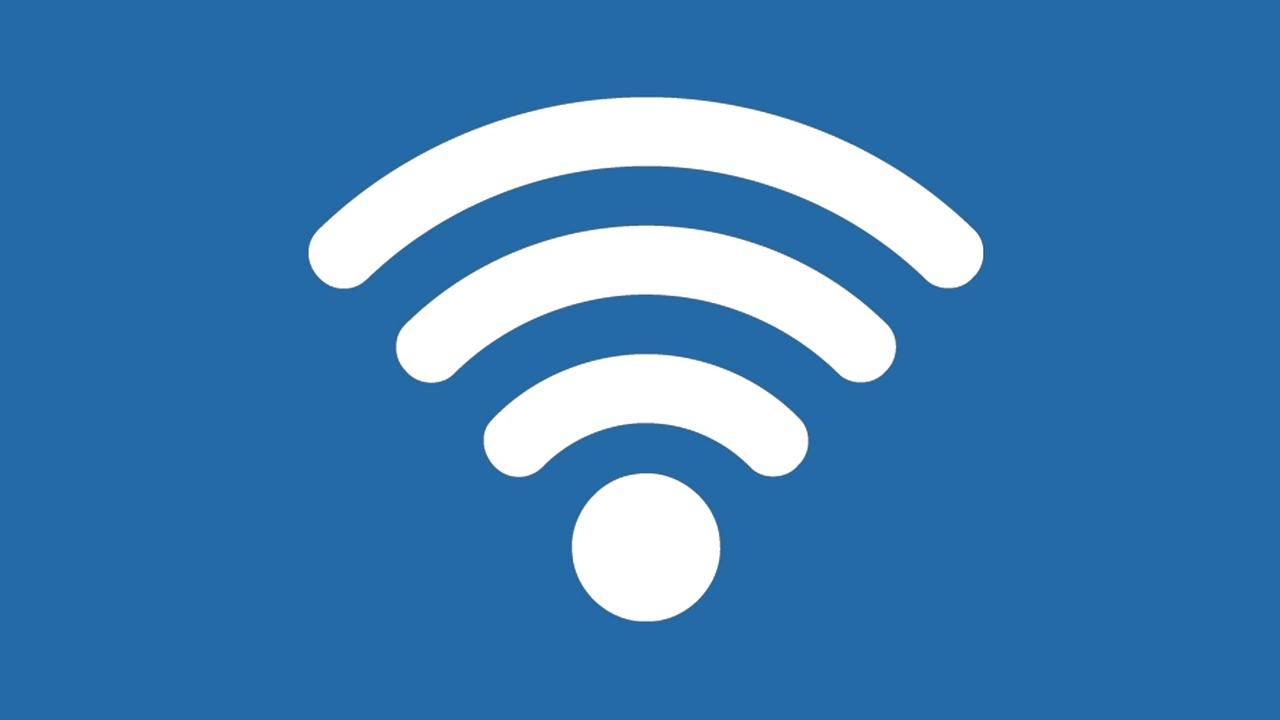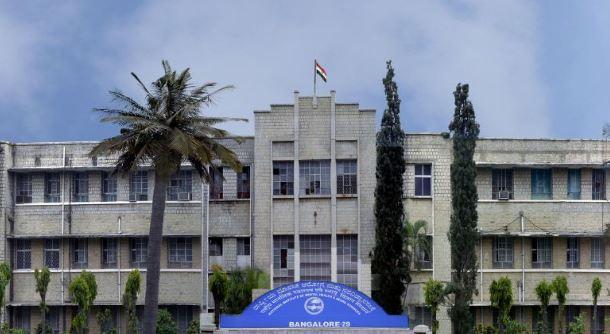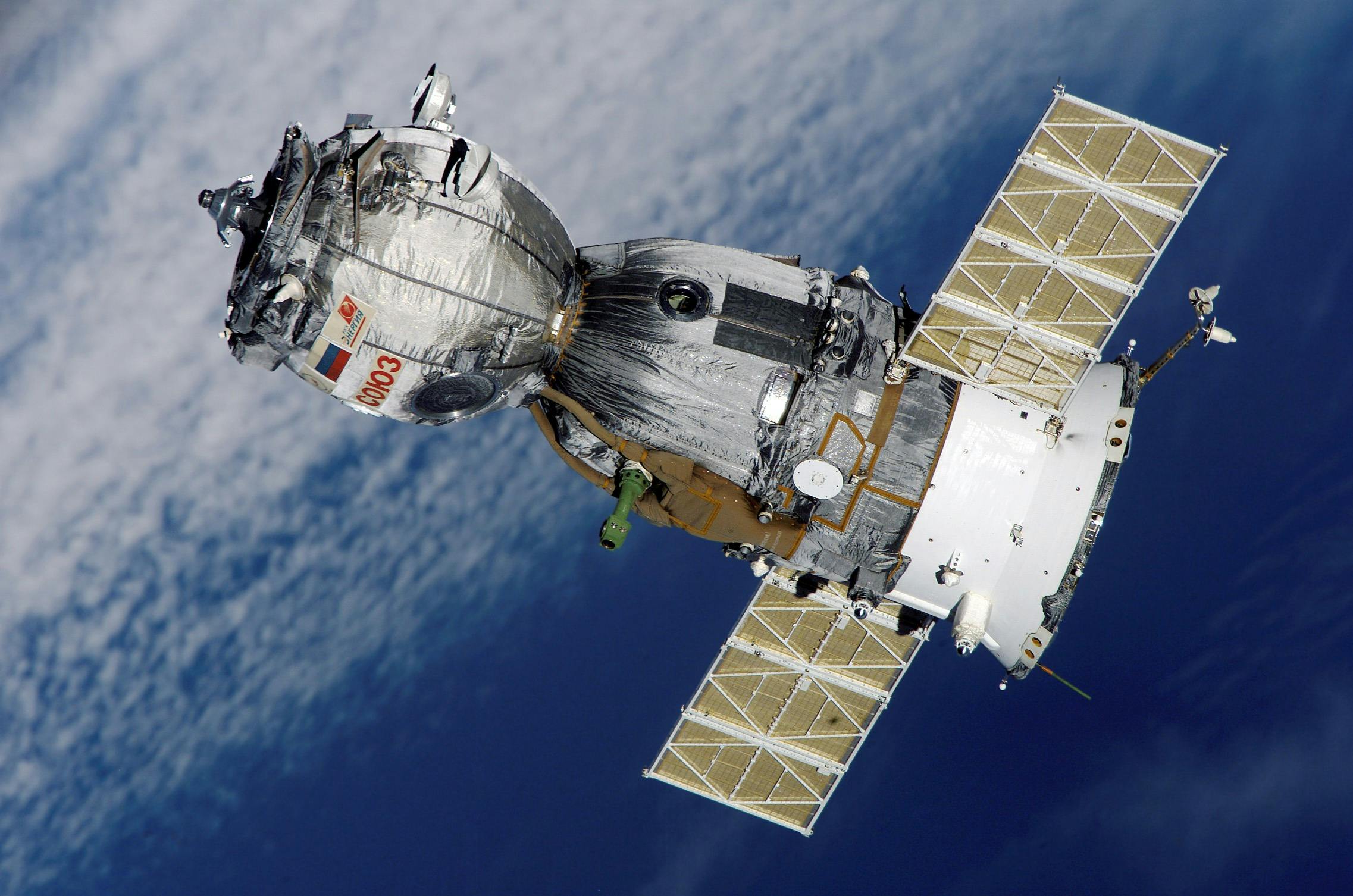India’s Digital Landscape with PM-WANI

Background:
- The PM-WANI, launched by the Department of Telecom (DoT) in December 2020, is one key scheme launched to bolster the penetration of public WiFi hotspots to establish a robust digital communication infrastructure throughout the nation, especially in rural areas.
- It is a framework that enables any entity, such as a shopkeeper, a tea stall owner, or a Kirana store owner, to set up a public Wi-Fi hotspot and provide internet service to customers.
- This framework takes forward the goal of the National Digital Communications Policy, 2018 (NDCP) of creating a robust digital communications infrastructure.
Linkage:
- To facilitate ease of doing business and encourage local shops and small establishments to become Wi-Fi providers, it has been approved that the last-mile Public Wi-Fi providers require no license, no registration and will not need to pay any fees to DoT.
Current News:
- The Prime Minister Wi-Fi Access Network Interface (PM WANI) scheme is set to revolutionize public Wi-Fi in India. PM-WANI can be a potential game-changer for India’s digital public infrastructure.
- The scheme enables public Wi-Fi data service through small retail data offices, which can potentially bring broadband internet to remote locations at a minimum investment.
Impact:
- PM-WANI is a key part of India’s Digital Public Infrastructure (DPI). It can democratize internet access and bridge the digital divide by enabling anyone to become a Wi-Fi provider and anyone to become a Wi-Fi user, without any license, registration, or fee.
- Leverage the existing physical and social infrastructure, such as the shops, the CSCs, the SDCs, the post offices, the schools, the panchayats, etc., to create a distributed and decentralized network of Wi-Fi hotspots, and also utilize the existing digital infrastructure, such as Aadhaar, UPI, e-KYC, e-Sign, etc., to enable seamless and secure authentication and payment of the Wi-Fi services.
- Empower the citizens and the communities by providing them access to information, knowledge, opportunities, and services that can improve their quality of life, and also enable them to participate and contribute to the digital economy and society.








